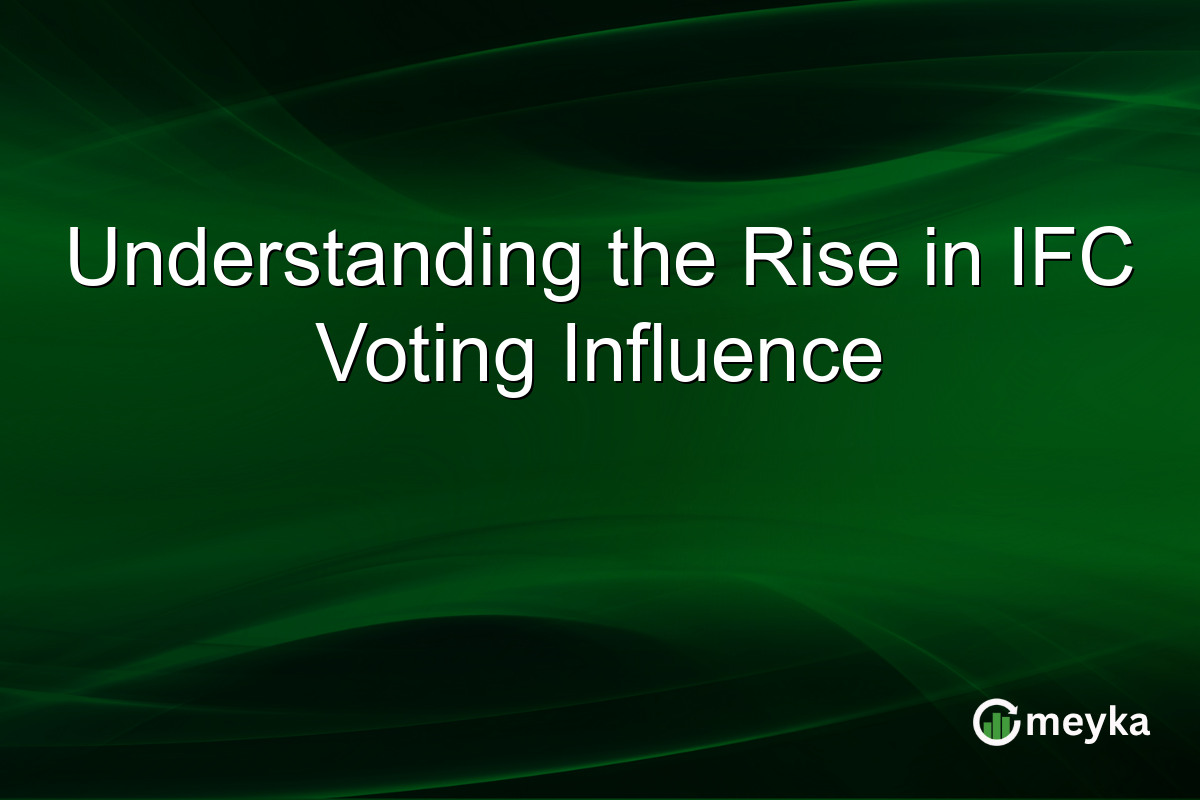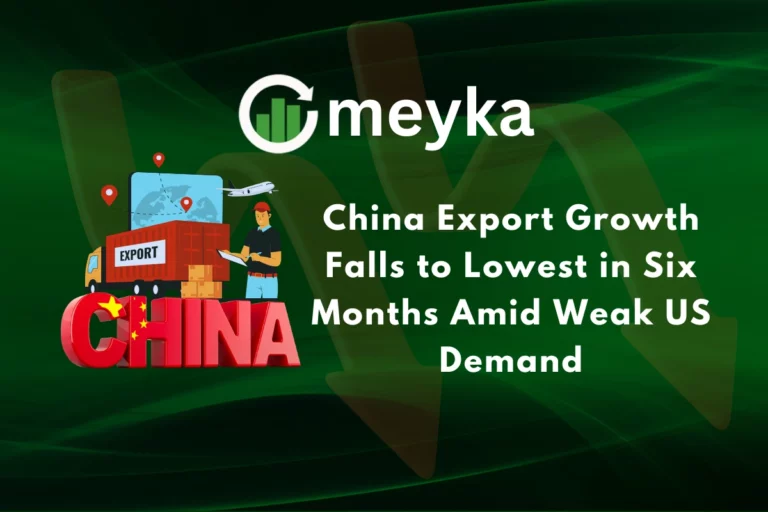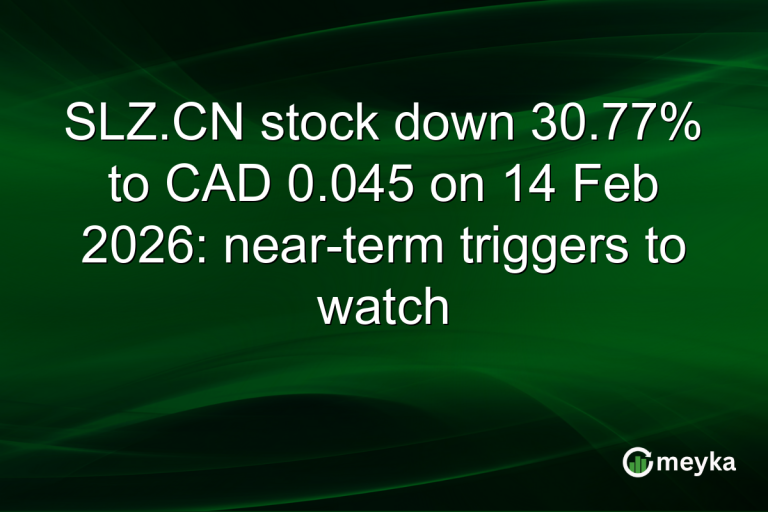Understanding the Rise in IFC Voting Influence
The International Finance Corporation (IFC), a key part of the World Bank Group, is seeing shifts in its voting power dynamics as member countries adjust their influence in line with additional capital subscriptions. Understanding these shifts is essential for investors and stakeholders tracking global financial trends and international investments. These changes not only affect voting outcomes but also signal broader trends in how countries align themselves within international finance.
Continue Reading on Meyka
This article is available in full on our main platform. Get access to complete analysis, stock insights, and more.
Read Full Article →





